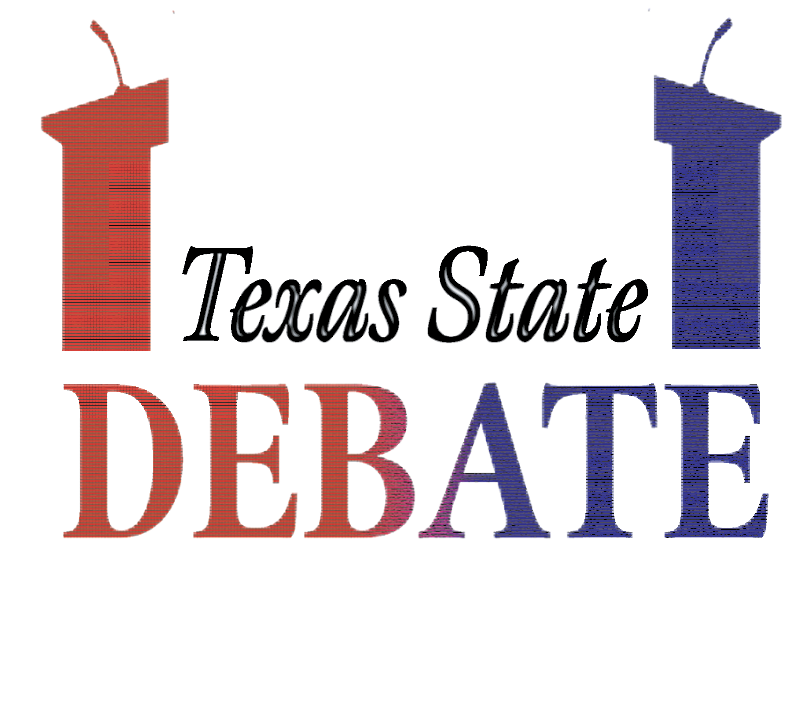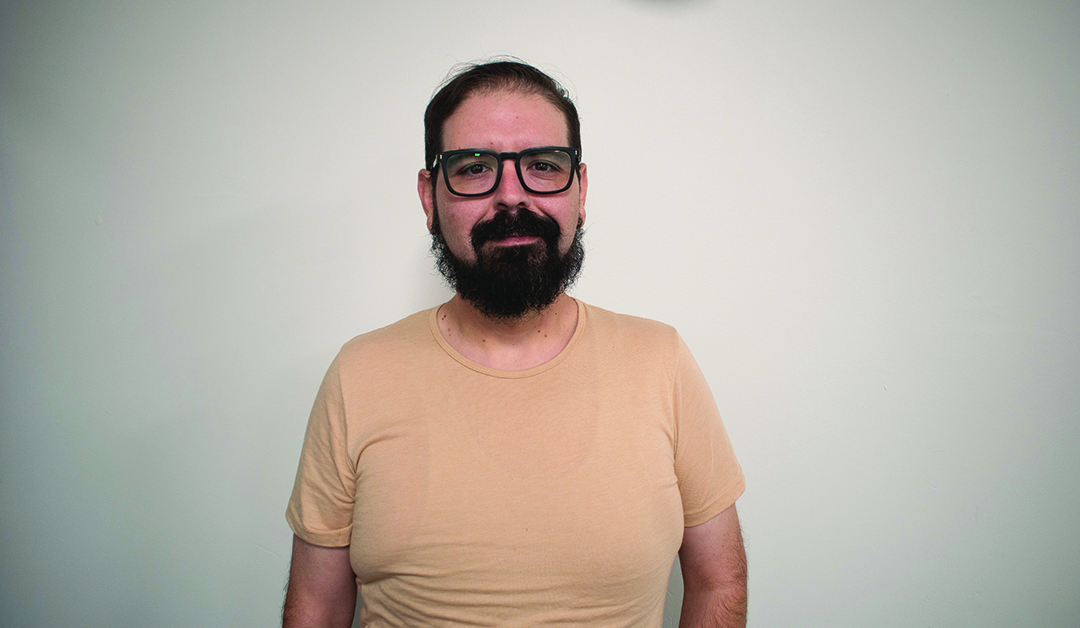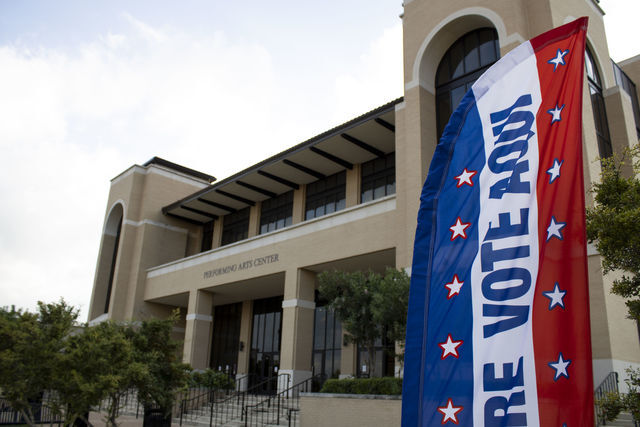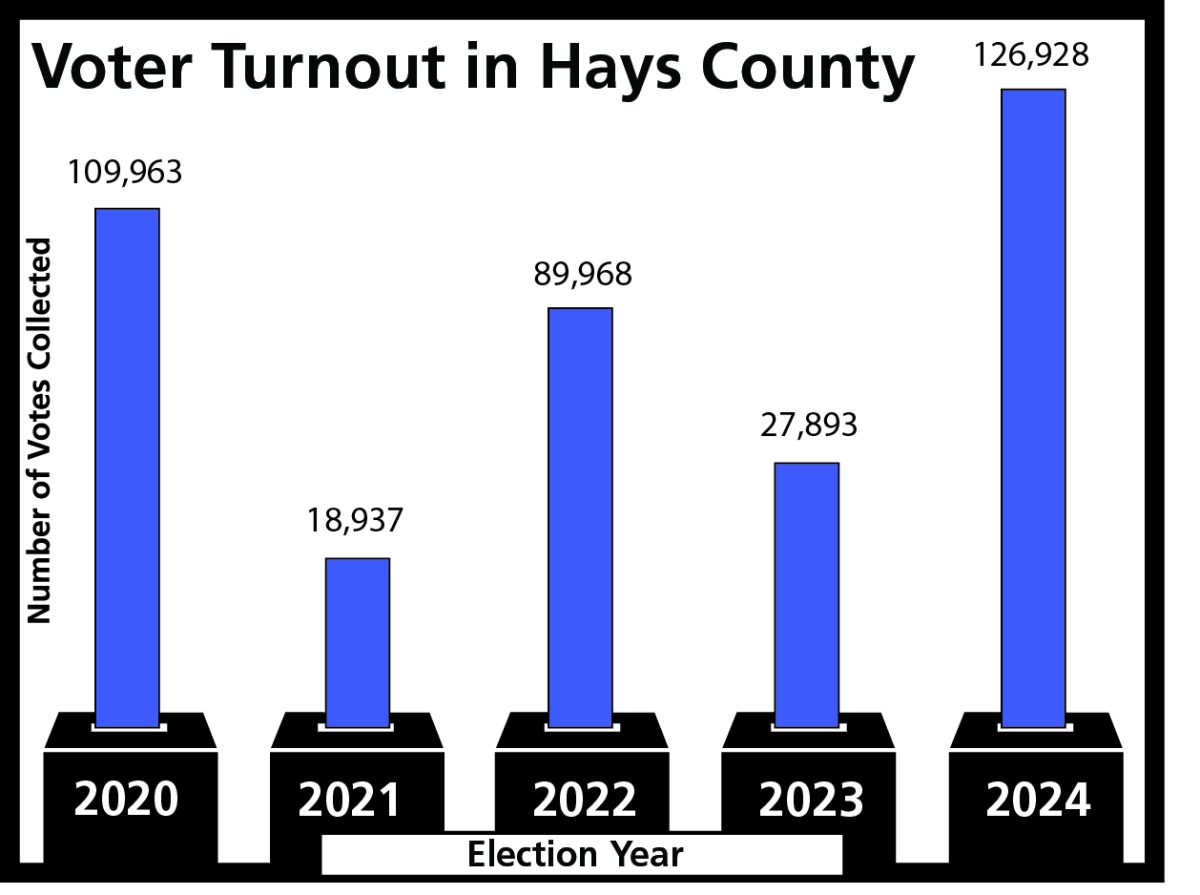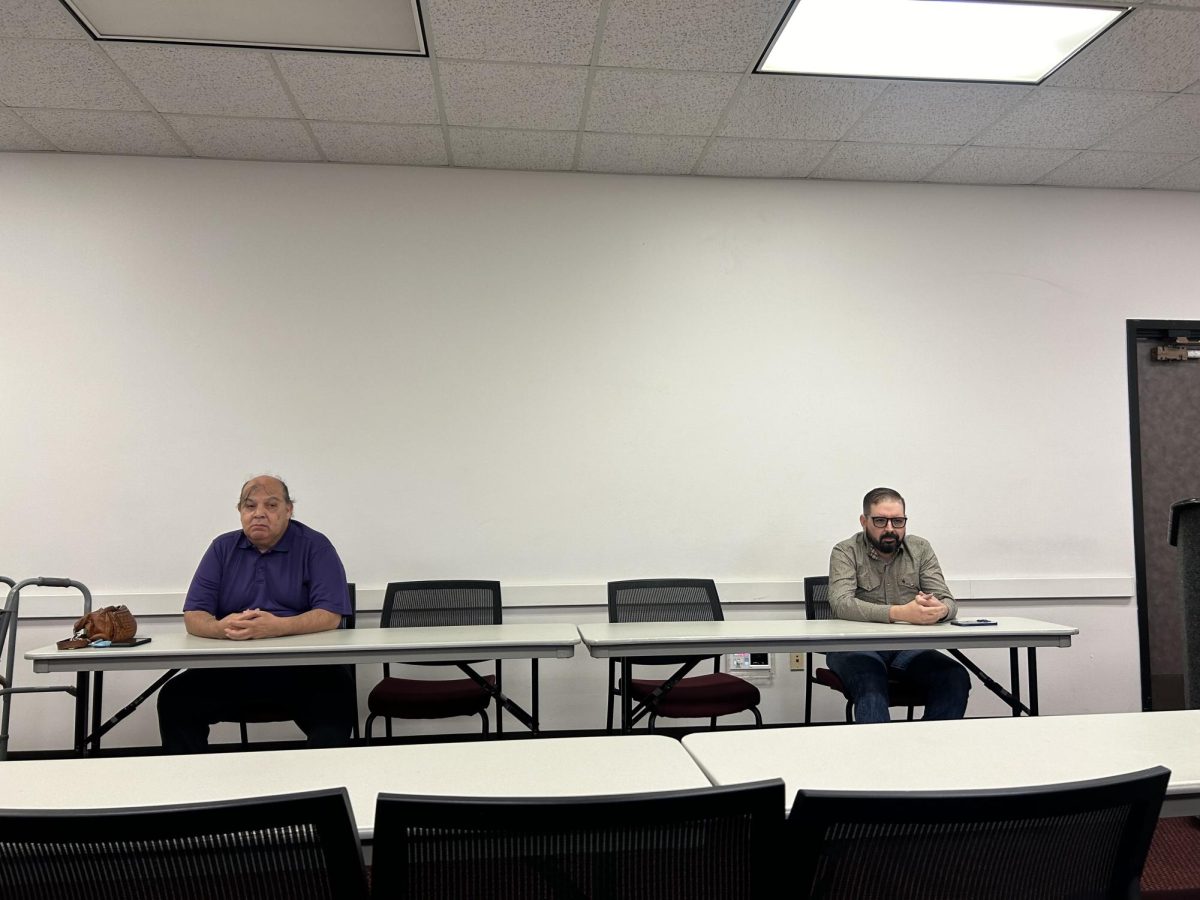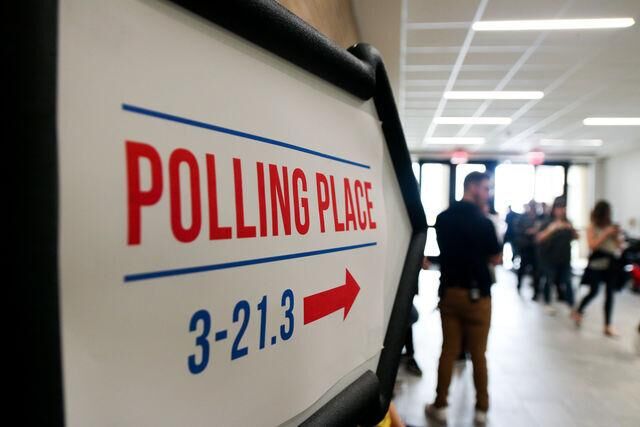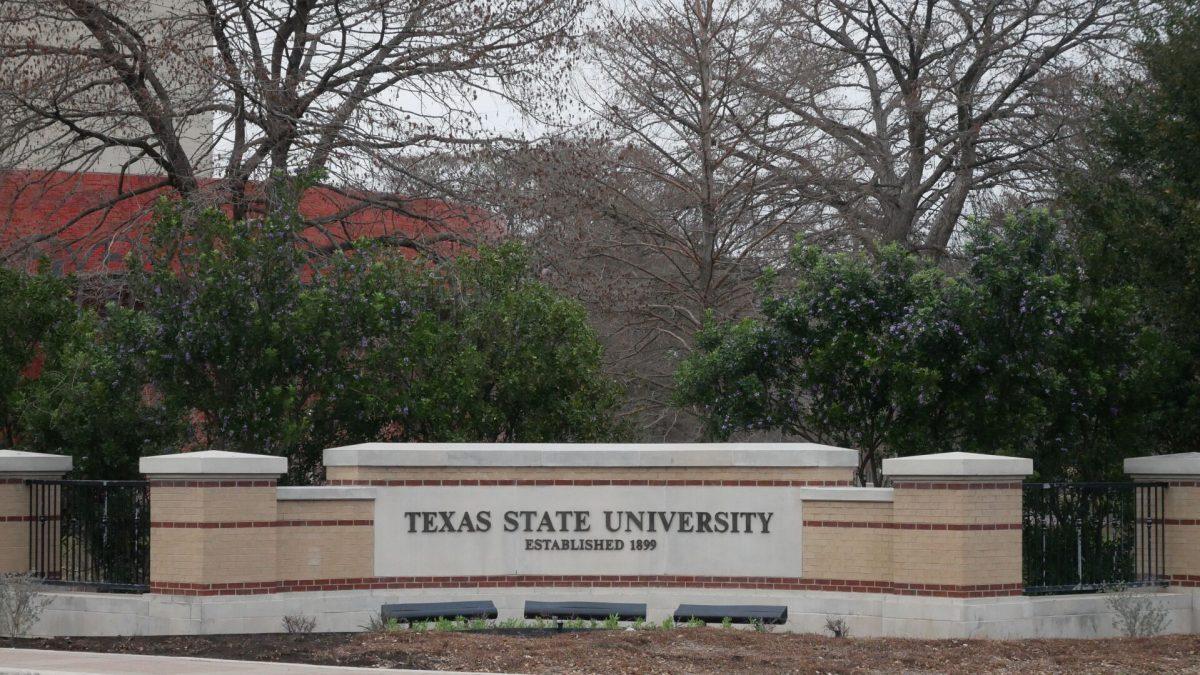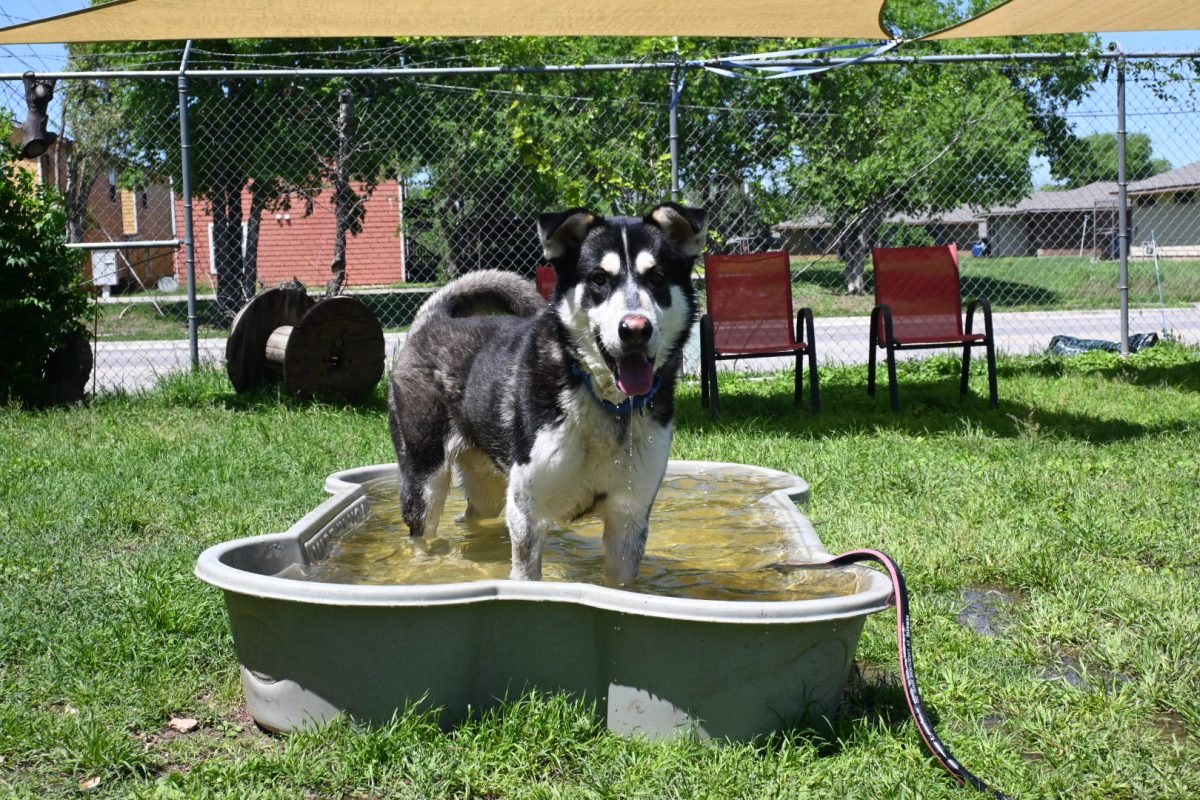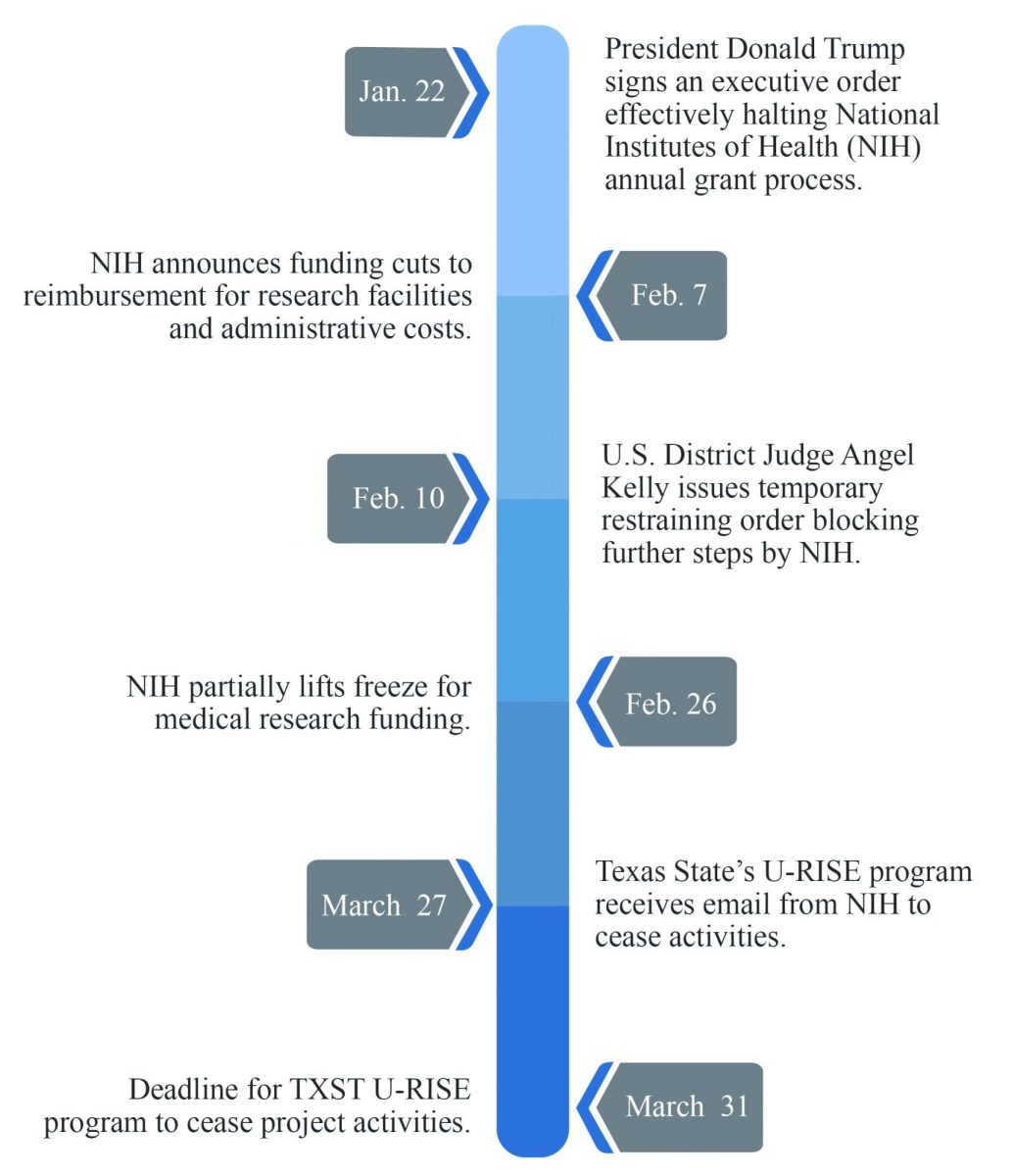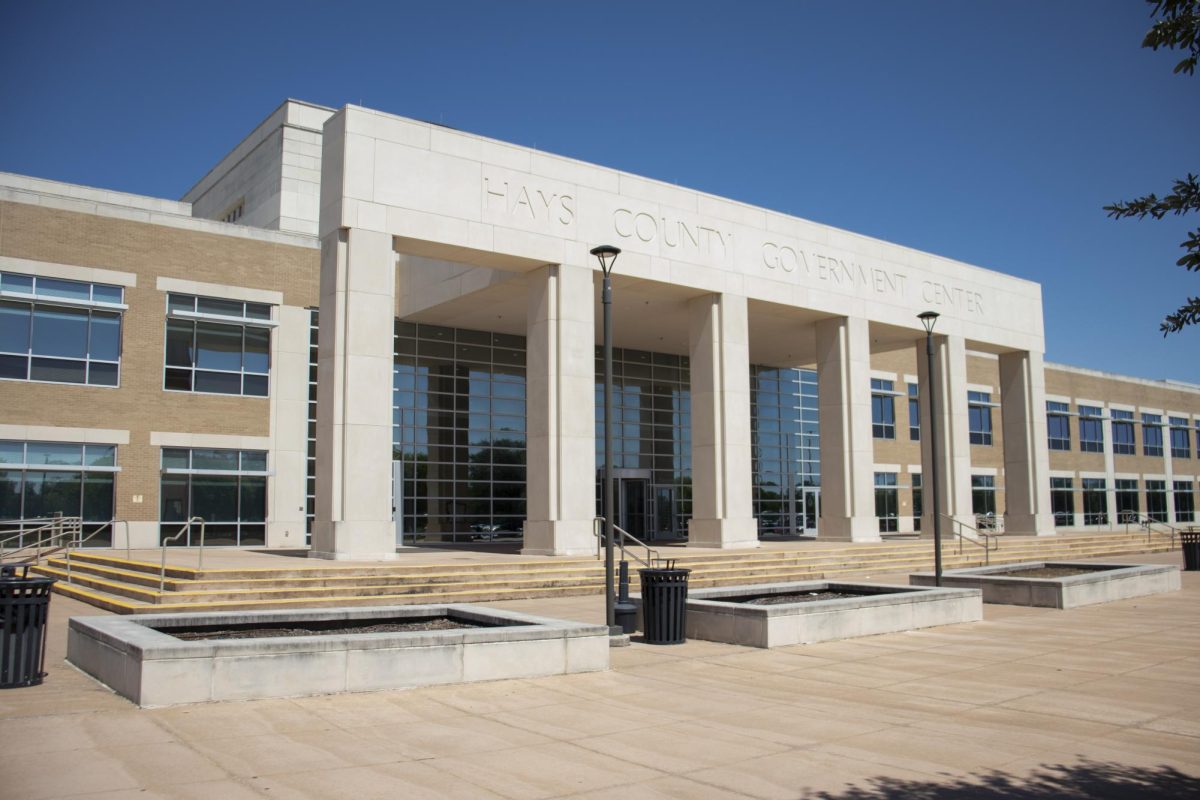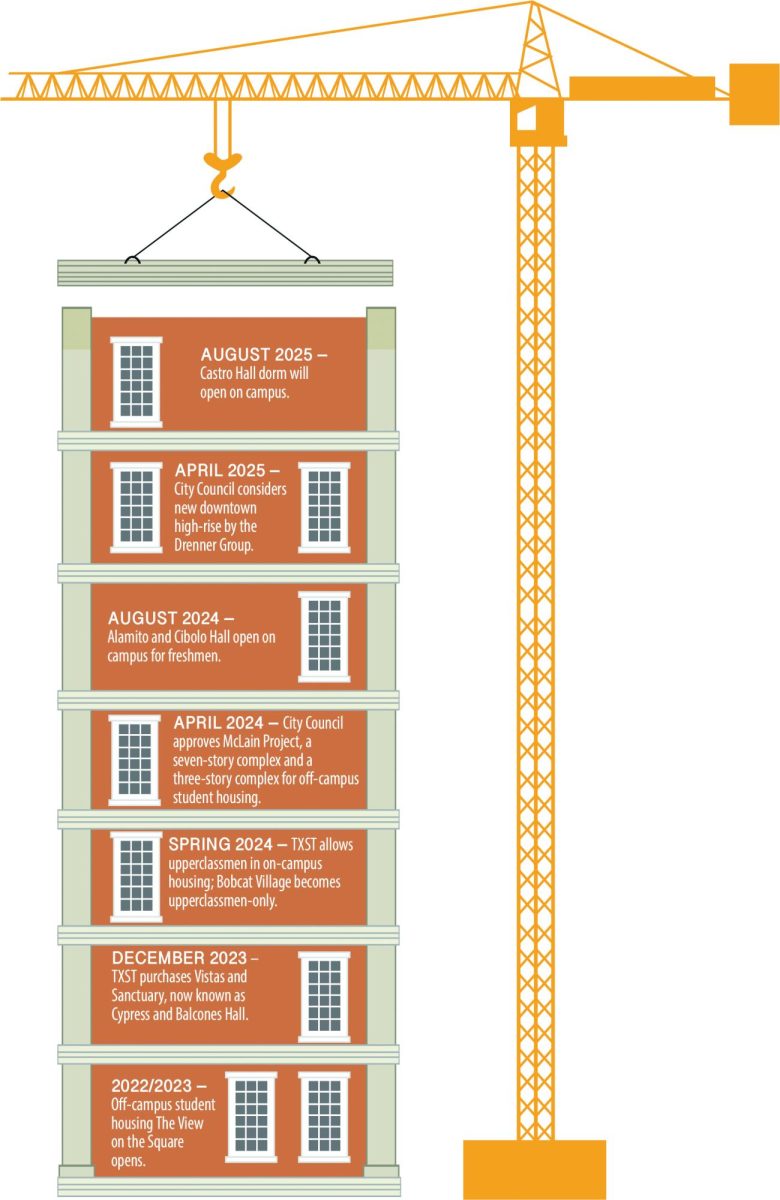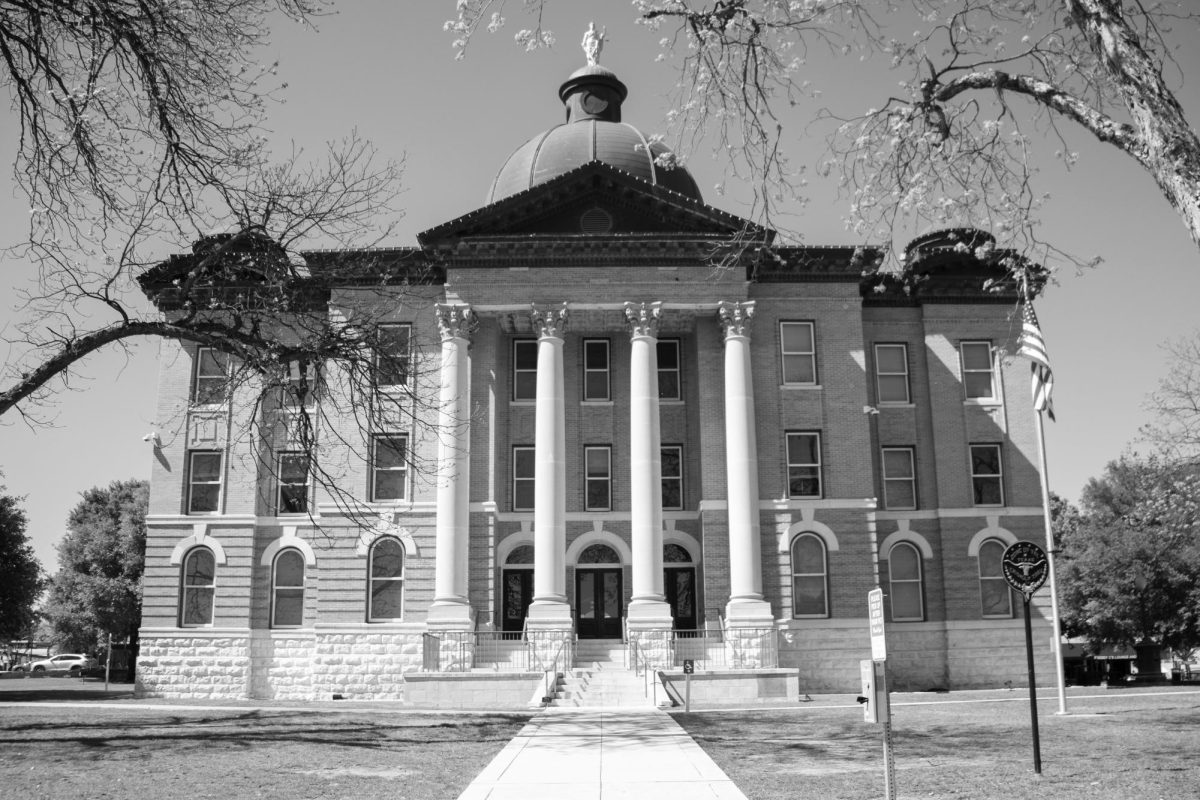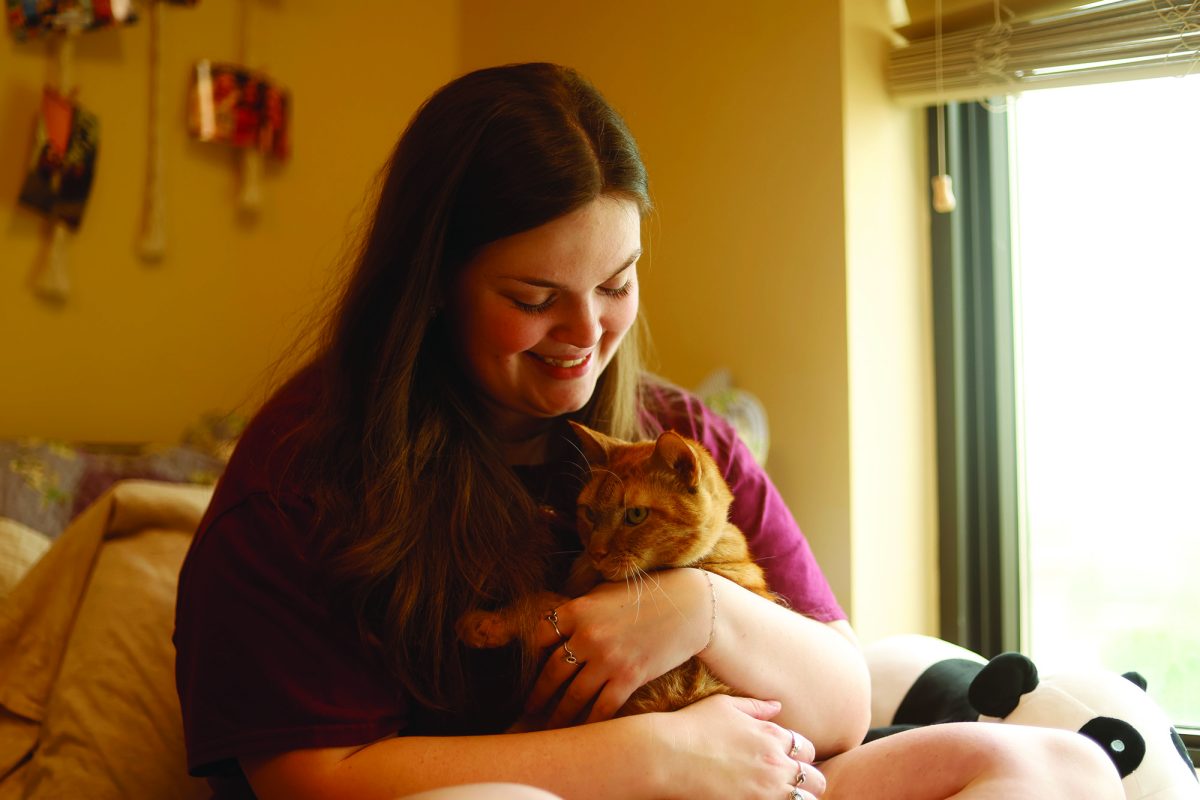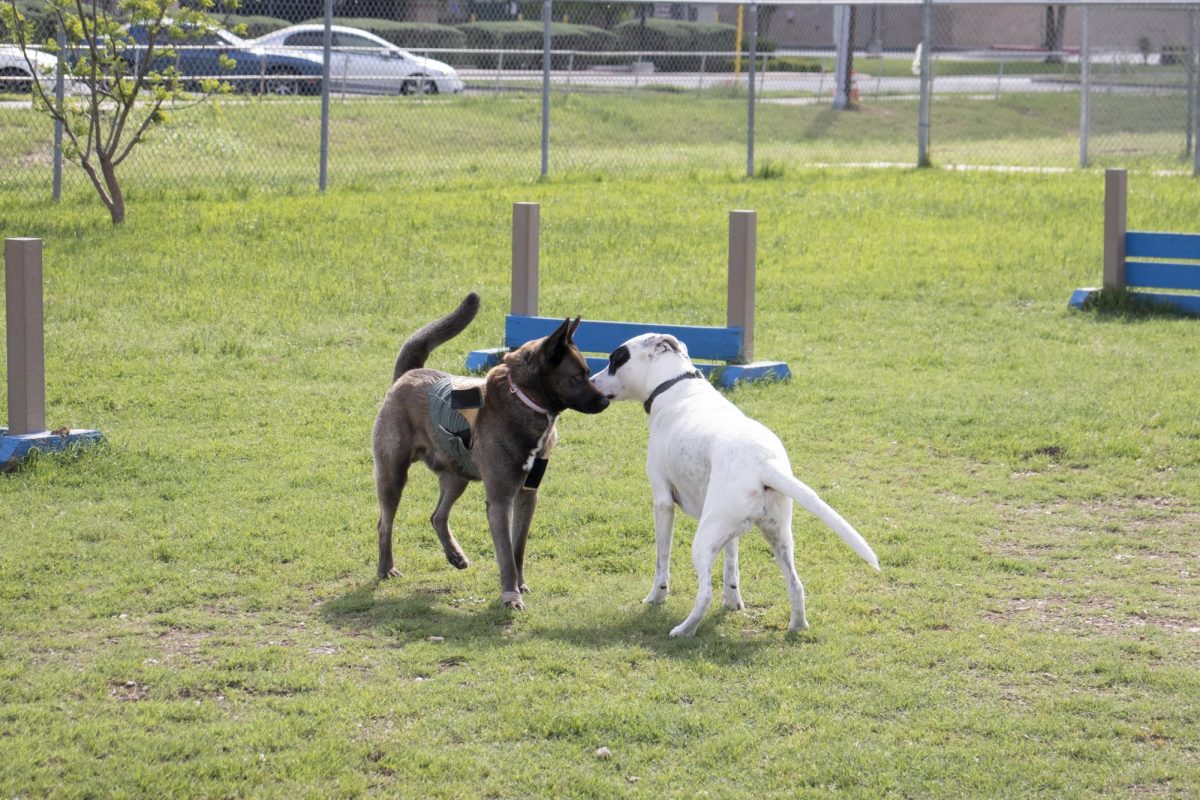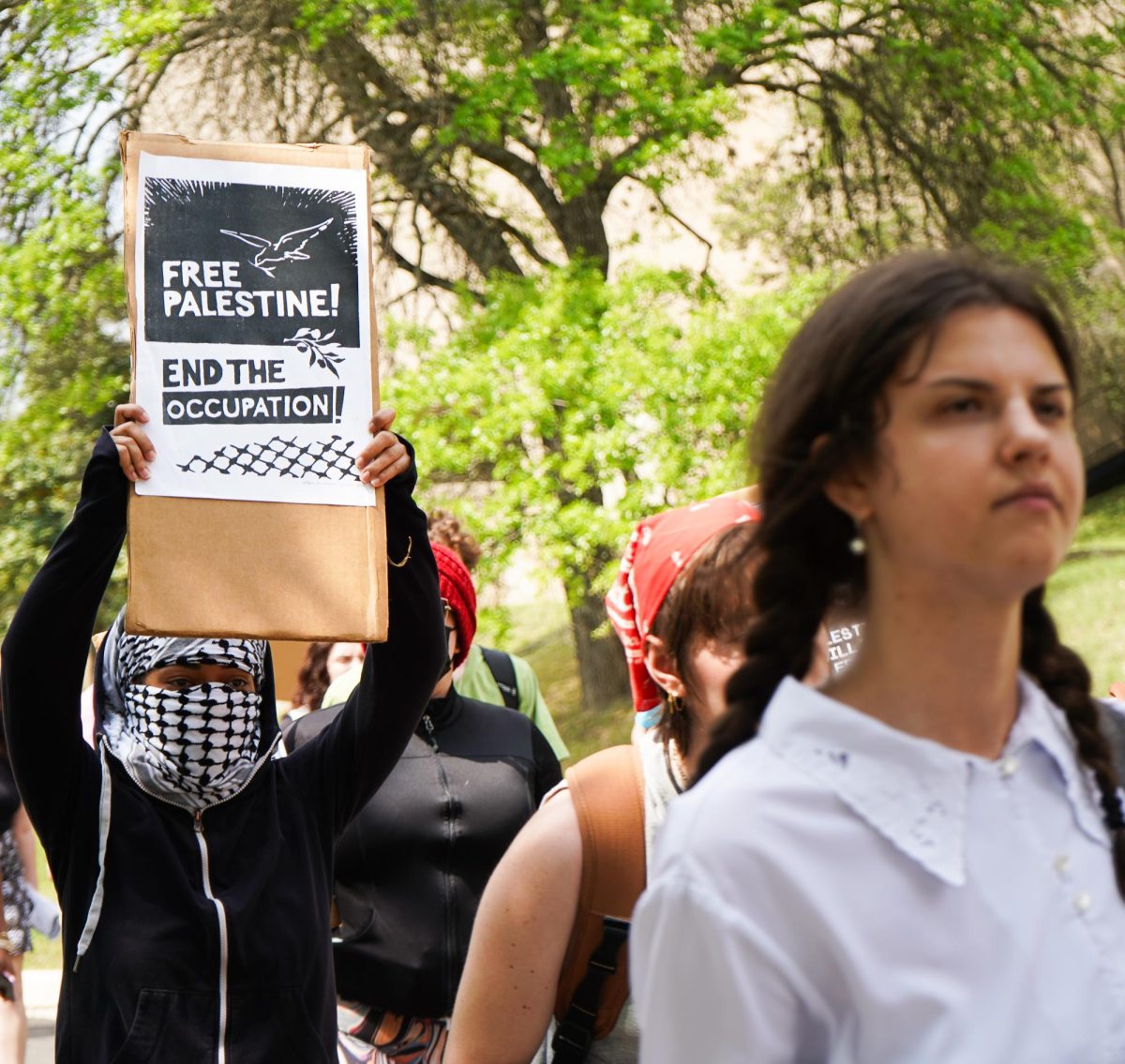The first 2024 presidential debate coming to Texas State on Sept. 16 will cost an estimated $5 million for the university, according to Eric Algoe, executive vice president for operations and chief financial officer.
Algoe said for Texas State to be selected as a site, the university had to go through a rigorous application process with the Commission on Presidential Debates to look at the campus area and ensure it would be fit for renovations and temporary facilities.
“We’ve brought together a team of all the right people to look into the various aspects with regards to facilities, technology, logistics, hotels, food, parking, networking; all of these different pieces the Debate Commission asks you to be very detailed about,” Algoe said.
According to Algoe, university reserve funds and alumni donations will fund the debate. The reserve fund includes leftover money the university saves year-to-year.
Algoe said as the debate gets closer, alumni events will occur around the state to raise funds.
Most of the estimated $5 million will be used for temporary facility changes, according to Algoe. One of the changes will be for the university to accommodate media.
“I estimate as many as 3,000 members of media will be at the debate,” Algoe said. “They need facilities to put their technology… they will bring lots of satellite uplink trucks and other [equipment] that needs power.”
Algoe said there will be platforms built for media to use when reporting on the debate. The university will pay for these structures and they will be taken down after the debate.
Technology is also a large expense for the university. Texas State will have to provide strong internet connections to ensure all media and candidate interactions will be able to uphold throughout the debate.
“The more expensive part of it is the cybersecurity, making sure that all of those global media outlets have secure connections and the actual candidates themselves and their groups have reliable connections,” Algoe said.
These internet connections may be temporary renovations for the university or changes that are permanently implemented on campus.
“As we get further into the details of how to provide secure network infrastructure, there’s a possibility it could mean upgrading [the university’s] network infrastructure,” Algoe said. “Wi-Fi, physical networks, switches could all be permanently improved, but it’s also a possibility that we just bring in AT&T or T-Mobile and they just bring in a temporary network.”
Some of the money will also go into renovating the University Events Center, where the debate will be held. According to Algoe, power will need to be strong and the inside of the arena will be carpeted and draped.
According to Algoe, while the university will be providing a majority of the money for the debate, Texas State is working with other entities such as the Governor’s Office to try to decrease the costs, as well as charging the media.
“We’re applying for some support from the state government to help us offset some of the costs,” Algoe said. “Some of the things we do, like satellite uplink trucks, we have to bring for power, we’re allowed to charge [the media] to recoup the cost it took us to build them.”
Algoe said if a candidate were to not participate, any money the university did not spend will be given back but changes already made may not be paid back.
“Essentially any money that hasn’t been spent we can get back,” Algoe said. “The later that date gets though, the more costs are gone.”



